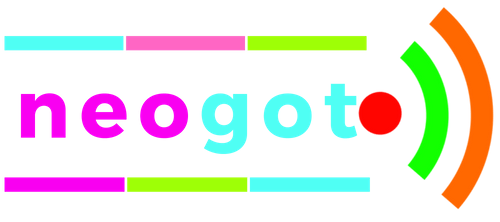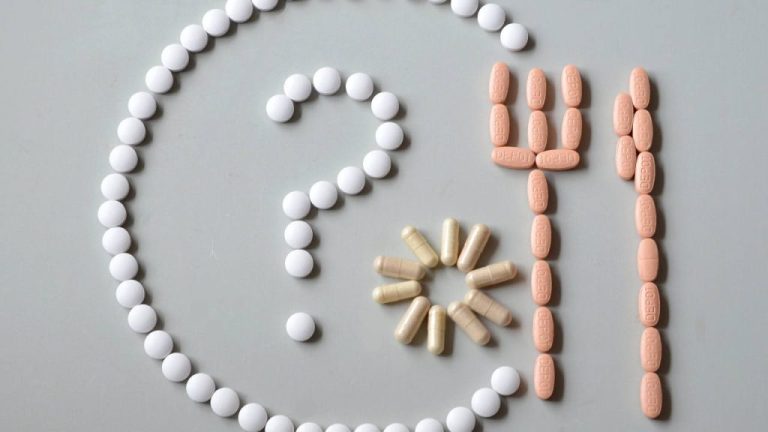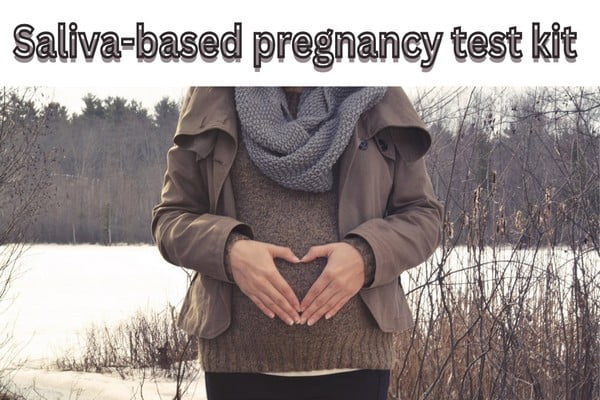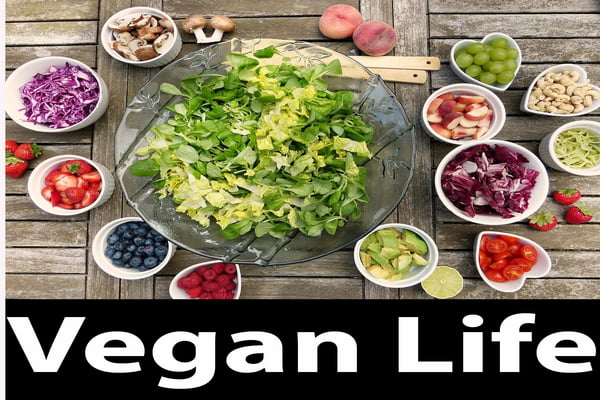Why getting exercise does not necessarily guarantee that you will burn more calories
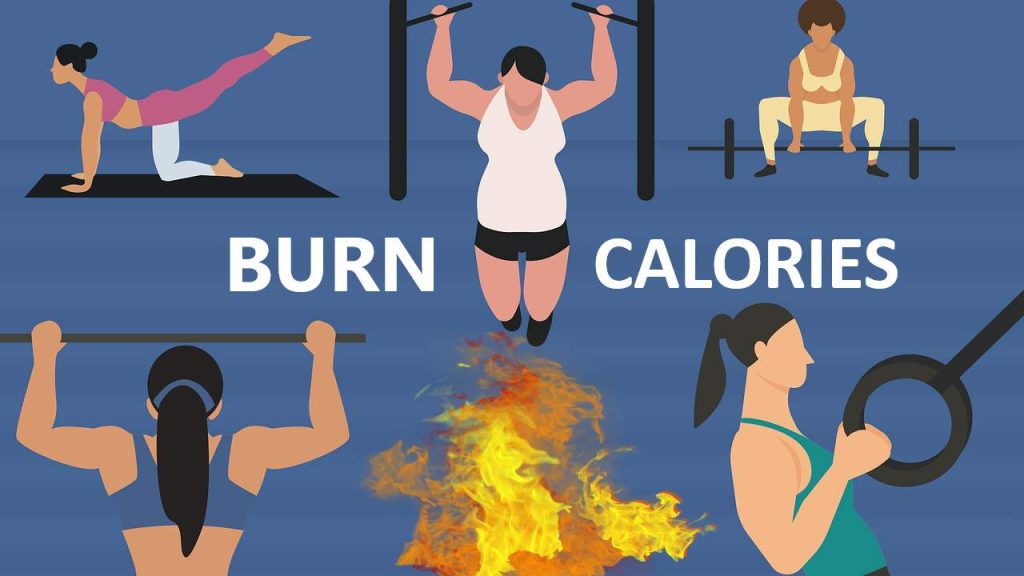
The path of human evolution, from hunter-gatherer groups to today’s fitness facilities.
Hunter-gatherers who survive childhood live an average of seven decades. They become grandparents, and when they do, they do not retire to the south of France, Florida, or elsewhere. They are really active. And that movement helps activate the body’s repair and maintenance systems, which keep us healthy.
As a result, humans have evolved not just to live longer lives, but also to be physically active as we age, and that physical exercise really helps us age better. Recent research is shedding fresh light on how our bodies function.
For example, it was discovered that human metabolism slows down far later than previously assumed. From the age of 20 to 60, your metabolism is quite steady.
That was interesting since there’s this popular understanding that your metabolism slows down in middle age, but we don’t find any data to support that. But it is still up to us to make the decision to live long, healthy lives.
We must now make choices, such as not eating highly processed meals rich in sugar and fat that are also very pleasant and wonderful. We now have to choose to be physically active when we would not otherwise have to. Isn’t that difficult? Especially when an opportunity is also a factor.
Exercising has become a privilege reserved for those with income and resources. It used to be that only the wealthy could afford to be physically inactive.
It’s now the opposite way around. Only the wealthy can afford gym memberships and live in areas where there are, you know, workout facilities. As a society, we must ensure that these resources are available to everyone.
According to the findings of the poll, Americans do not exercise frequently enough.
Only around 20% of Americans meet the government’s suggested minimum level of exercise, which is 150 minutes per week of moderate to strenuous physical activity. And their inability to exercise is not a personal shortcoming. People are merely doing what we evolved to do: avoiding physical exercise when it is neither required nor rewarding.
Another issue is that most individuals exercise only in the aim of losing weight. However, our bodies have not evolved to burn more calories as we become more physically engaged.
What is the difference between physical activity and exercise?
The first step is to recognize the distinction between physical activity and exercise. Physical exercise is just moving. Sweeping the floor and preparing supper are both examples of physical exercise.
However, exercise is a type of physical activity that is conducted for the purpose of health and fitness. And that is a very contemporary, odd behavior; nobody used to do that.
Through biological evolution, we have adapted to conserve energy.
You can spend your entire day sitting in recliners and punching buttons and never break a sweat. But, while our forefathers needed to be physically active to thrive, they also battled to acquire enough calories to get through the day. As a result, they were cautious not to engage in physical exercise when it was neither essential nor rewarding.
Our bodies were designed to be as active as our hunter-gatherer predecessors, common sense tells us. However, from an evolutionary standpoint, we are built not to spend vital energy in vain.
Our forefathers were physically active in order to obtain food or to escape becoming someone else’s meal. Aside from that, they wisely saved energy.
So, if you go into a hunter-gatherer camp, you’ll see that most people are sitting, right, and we demonize sitting by saying, ‘Look, you know, sitting is the new smoking, and your chair is out to kill you.’ But there’s nothing unusual about sitting; it’s only that if that’s all you do, you’ll be in trouble.
What we have learned from societies that traditionally relied on hunting and gathering
We traveled to work with a Hadza village in northern Tanzania, which is one of the world’s last traditional hunting and gathering cultures. And the Hadza don’t have any domesticated animals, plants, machinery, weaponry, electricity, plumbing, or anything else. And every morning, guys go out with bows and arrows to hunt wild animals. Every day, women go out and dig for wild tubers and root vegetables.
Using a digging stick Walking, cutting, and digging provide more physical exertion in a day than most Americans do in a week. And we were confident that they would consume more energy per day than Americans. Dr. Pontzer discovered precisely the contrary.
The Hadza men and women out there doing more exercise per day than you do in a week had the same daily energy expenditure as sedentary Americans and Europeans. Big surprise. Researchers were so taken aback by the findings that they set out to collect more data in several hunter-gatherer groups using various methodologies. We see the same result over and over.
Increasing your physical activity does not equate to burning more calories.
People who are more physically active do not necessarily burn more calories than those who are more sedentary. This is evident in various species. In a laboratory, we witness this in mice. Monkeys in zoos consume the same amount of energy each day as monkeys in the wild. Our bodies have evolved to maintain our energy consumption below a certain range that we cannot afford – right? That we can satisfy such obligations on a daily basis. So, if you use a lot of energy on exercise, your body will most likely respond by expending less energy on other activities. However, this is not an excuse to remain inactive.
Diet vs Exercise
Please, please realize that this is not an excuse not to exercise. This isn’t a free pass. We frequently refer to nutrition and exercise as two sides of the same coin. If I don’t feel like exercising today, I’ll simply monitor my diet; if I don’t feel like dieting, I’ll just exercise more. As if you could exchange them back and forth.
And the outcomes of my and other people’s efforts say, Diet and exercise are two distinct instruments with distinct functions. To keep your weight under control, you must diet. For anything else, you must do exercise.
Exercising has advantages beyond simply burning calories
Exercise has a significant influence on more than just your muscles and heart.
It has an impact on every system in your body because it influences how those other systems spend their energy and how active they are. As a result, we know that increasing physical activity, for example, reduces inflammation.
Change the attitude toward exercise
But how can we motivate individuals to be more active if exercising for the purpose of fitness is an unnatural behavior? I believe we should approach exercise, in the same manner, we approach education.
As a result, schooling is a fairly contemporary behavior that humans never evolved to undertake. Consider this: up until a few hundred years ago, nearly no one on the earth was literate.
Literacy and education are now considered universal.
Dr. Lieberman suggests making exercise not just obligatory, but also enjoyable and sociable. I run with some pals, right? And we frequently arrange, you know, the night before, that we’ll meet at six o’clock in the morning.
And suddenly it’s six o’clock in the morning, and I don’t want to be there, but I’ve already agreed to meet my pals. I can’t let them down, can I? And then I meet them, and they make me glad I went after all.
It is not necessary to run a marathon, swim the English Channel, or climb Mount Everest. Instead of driving or walking your dog, use the stairs in your building or walk to work. All of these things have huge, huge advantages. As we become older, the advantages become even more apparent.
